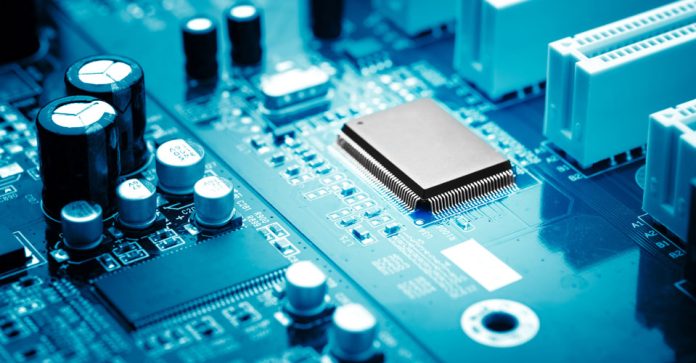Under the new Electronics Component Manufacturing Scheme (ECMS) recently commenced in India, it is alleged that investment proposals worth ₹16,000 crore have come in so far. The scheme was implemented on the first of May, 2025, with the view to foster manufacture of essential electronic components within the country and thus curtail the import.
Undoubtedly, the scheme has attracted a great deal of attention from industry players, including large companies such as Tata Electronics, Dixon Technologies, and Foxconn, who are now eager to tap into the growing electronics eco-system in India and entice government incentives for building a self-sustainable supply chain.
ECMSs are part of the bigger strategy that the Indian government has implemented to invigorate electronics manufacturing in India, which is anticipated to reach USD 500 billion by the year of 2030. However, the major identified challenge is developing the demand for components projected to reach USD 248 billion. Currently, most are imported, especially from China, which exposes the Indian electronics sector to uncertainties in the global supply chain.
The scheme operates with a budget of ₹22,805 crore, covering four major categories:
Category A: Sub-assemblies such as camera and display modules.
Category B: Bare components and enclosures for mobile/IT hardware.
Category C: Flexible PCBs and SMD passive components.
Category D: Capital goods and parts required to make A–C category components.
An amount of ₹21,093 crore is allotted under Category A, partly owing to the government’s inclination toward assemblies that are of high value and high demand. The remaining ₹1712 crore is for the other categories. While applications were invited for Categories A, B, and C for three months starting May, Category D will be open for two years, giving a long-term incentive for infrastructure investment.
Strategic partnerships are at work here as well. Of importance is the fact that Dixon Technologies has concluded an agreement with Chinese firms Chongqing Yuhai and Kunshan Q Technology for the manufacture of certain key components in India, all signaling the shift in localization of supply chains.
Shortlisting of proposals is in process and the final approvals are likely by September 2025. The scheme is designed to be in tandem with other ongoing schemes like SPECS and Semicon India Programme, thereby all working towards a-robust semiconductor and electronics manufacturing base within India.
Conclusion:
The ₹16,000 crore investment interest under ECMS reflects growing confidence in India’s aspirations to manufacture electronics. When implemented, the plan could reduce dependency on imports and make India a major global supplier of electronic components, fostering innovation, increasing economic stability, and creating thousands of highly skilled jobs over the coming years.








